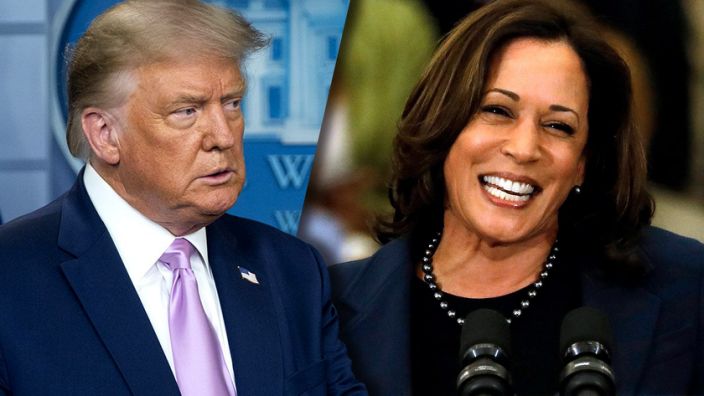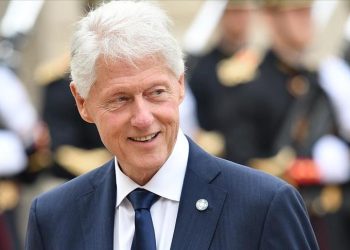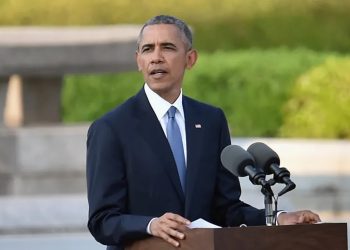Belarusian President Alexander Lukashenko reportedly played a crucial role in preventing Russian President Vladimir Putin from eliminating Yevgeny Prigozhin during a rebellion.
Prigozhin, the leader of the Wagner Group, led a brief armed revolt against Russia but subsequently changed course.
President Putin denounced Prigozhin’s rebellion as “treason.” The Wagner Group, known for its significant influence over approximately 25,000 mercenaries, seized the city of Rostov-on-Don, where the Southern Military District Headquarters was located.
Initially planning to march towards Moscow, Prigozhin and his soldiers abruptly reversed their course, retreating to training camps near Ukraine’s border and Belarus. This change of plans was attributed to intervention by President Lukashenko.
Lukashenko mediated with Putin, who had intended to take severe action against the leader of the private military company, Wagner Group.
The Belarusian president proposed a compromise that involved temporarily relocating Prigozhin and his group to Belarus, along with granting them amnesty.
Lukashenko emphasized the potential consequences of Prigozhin’s death, which could have sparked a broader uprising.
Lukashenko recounted discussions with Putin, suggesting engaging in dialogue with Prigozhin and his commanders. However, Putin dismissed the idea, claiming Prigozhin refused to communicate with anyone.
Lukashenko highlighted the value of incorporating the PMC Wagner Group soldiers, with their strength and combat experience, into Belarus’ military forces.
Prigozhin has maintained a low profile, refraining from public appearances or statements since his rebel advance was halted.
Lukashenko’s timely intervention in an internal Russian conflict demonstrated an unexpected diplomatic maneuver that potentially averted a larger-scale conflict.









